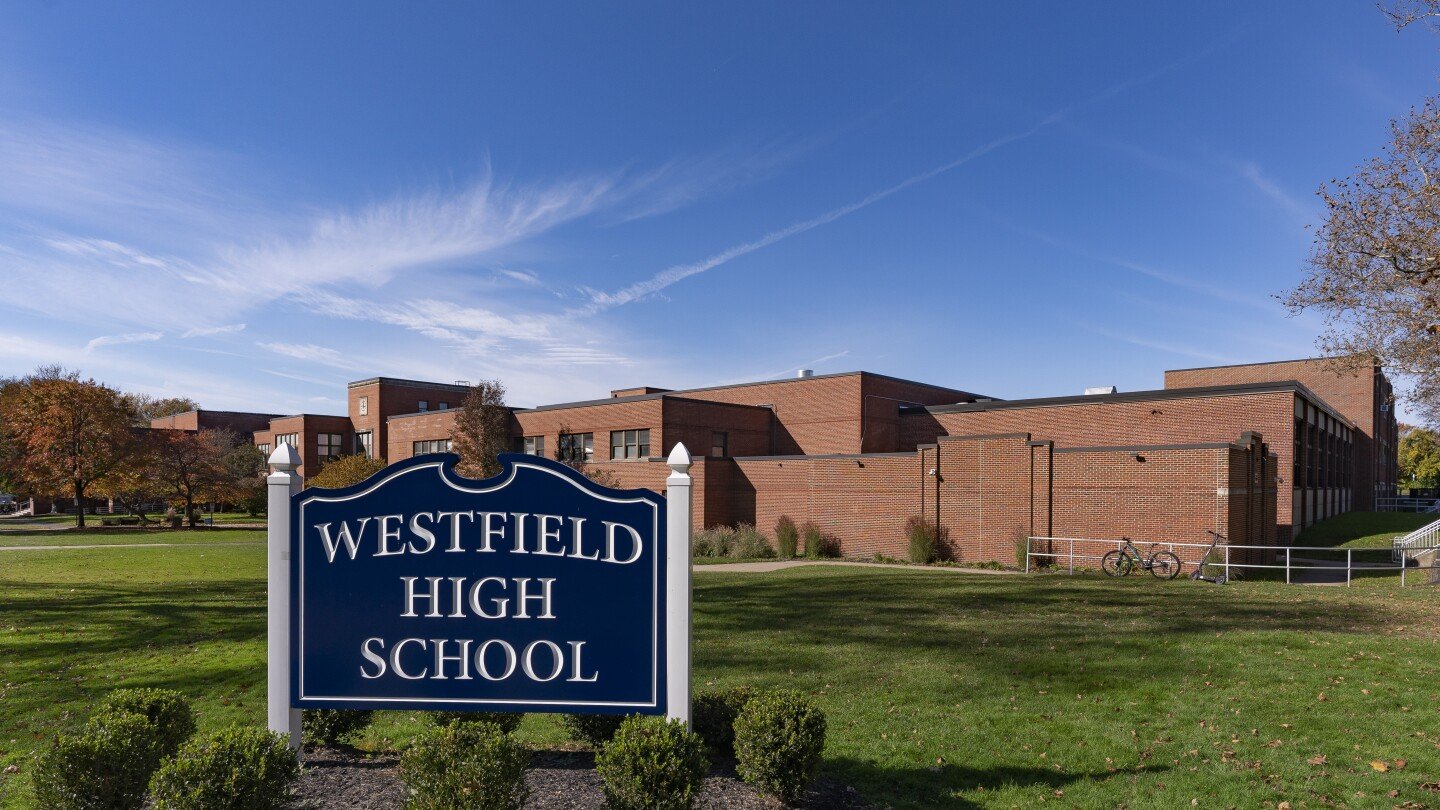A mother and her 14-year-old daughter are advocating for better protections for victims after AI-generated nude images of the teen and other female classmates were circulated at a high school in New Jersey.
Meanwhile, on the other side of the country, officials are investigating an incident involving a teenage boy who allegedly used artificial intelligence to create and distribute similar images of other students – also teen girls - that attend a high school in suburban Seattle, Washington.
The disturbing cases have put a spotlight yet again on explicit AI-generated material that overwhelmingly harms women and children and is booming online at an unprecedented rate. According to an analysis by independent researcher Genevieve Oh that was shared with The Associated Press, more than 143,000 new deepfake videos were posted online this year, which surpasses every other year combined.



Even if you don’t want to consider it CSAM, it is, at the very least, sexual harassment. The kids making and circulating these pictures and videos should be facing consequences. And the fear of consequences does offer some degree of protection at least.
It looks like pretty severe sexual harassment at best. Unfortunately the people I think are most likely to do it are teenagers with poor self control who don’t realize the severity.
I think if schools can implement appropriate restorative responses and education on the harm done that could be much more effective than decaigan punishments after the fact.
Should a teenager face consequences for drawing a picture of their classmate naked? What if they do it well? How is this at all different?
If they distribute the drawing, yes. And the difference is that a drawing is immediately recognisable as a drawing, but an AI generated image or video isn’t necessarily easily recognisable as not being real, so the social consequences for the person depicted can be much worse.